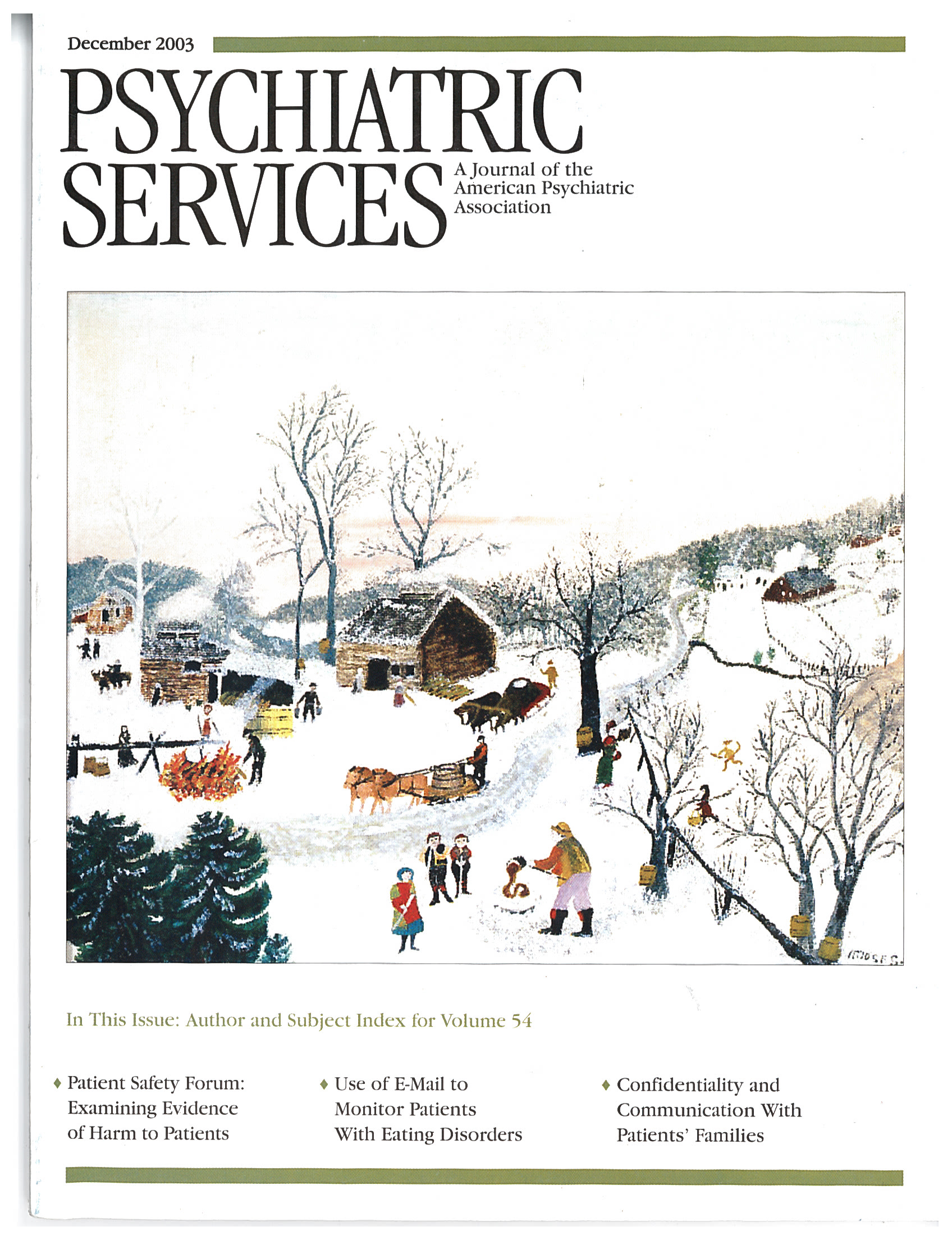Marcus, the central character in I'll Let You Go, has—sort of—schizophrenia, and the novel's theme revolves around the implications of his schizophrenia for his family and friends. That doesn't begin to capture the nature of this work, however. Marcus has a psychotic episode while a student at Oxford, recovers, develops a highly successful career as a talent agent in Hollywood, and marries the beautiful daughter of one of the richest men in the world. His bride's father, as a surprise wedding gift, builds an exact replica of a beautiful ruined tower the couple had loved in Europe. This gift is so overwhelming that Marcus decamps on his wedding night and spends the next 11 years homeless—and convinced that he is William Morris, the design genius of Victorian England—while his devastated bride, pregnant with his child, embarks on a career of substance abuse and promiscuity. Her father is preoccupied with a design competition for his own burial place.
Marcus' son, Toulouse, is the other central character. "Tull" has a cousin who has a rare genetic condition that restricts his ambulation and greatly distorts his cranium. Despite—or because of—his anomaly, he is a self-educated artist and general all-round genius. His grandfather has built an entire Disneyland-esque town and a specially equipped van and cart for him. The van, the servants, and neglectful parents enable the children to travel about at will.
At the other extreme, a little girl named Amaryllis is living in a situation of dire poverty and abuse, with a drug-addicted mother who prostitutes her child to pay for her habit. Amaryllis not only survives but also provides for and cares for her two younger siblings—with the help of Marcus. She is later subjected to harrowing experiences, replete with the deliberate overuse and misuse of psychotropic medications, in foster care.
I'll Let You Go is delicately balanced between the worlds of fantasy and reality. Its characters and events are just barely plausible, as is its plot, which manages to bring all the characters together by the end. It is a treasure trove of names, characters, and incidents that beg for psychodynamic interpretation. It fairly wallows in descriptions of extreme luxury and indulgence—and extreme poverty and misery. The language is self-consciously complex and full of literary and cultural references; the reader may need an unabridged dictionary at times. For example, at one point the children visit their hospitalized grandmother: "The two cousins visited Bluey awhile, ensconced in her twenty-five-hundred-dollar-a-day high-roller suite—twenty-five hundred above Blue Cross, that is—with the concealed cardiac monitor wiring, silent infrared call system, marble bath and sitting room with parquet floor, Scalamandre brocaded sofa under Jasper Johns collage, orchids—Rhyncostylis gigantean, smelling of cinnamon and nutmeg—and faux Chippendale desk and chairs."
You will not learn anything about mental illness from this book, but it is an engaging—if somewhat over-the-top—read.

